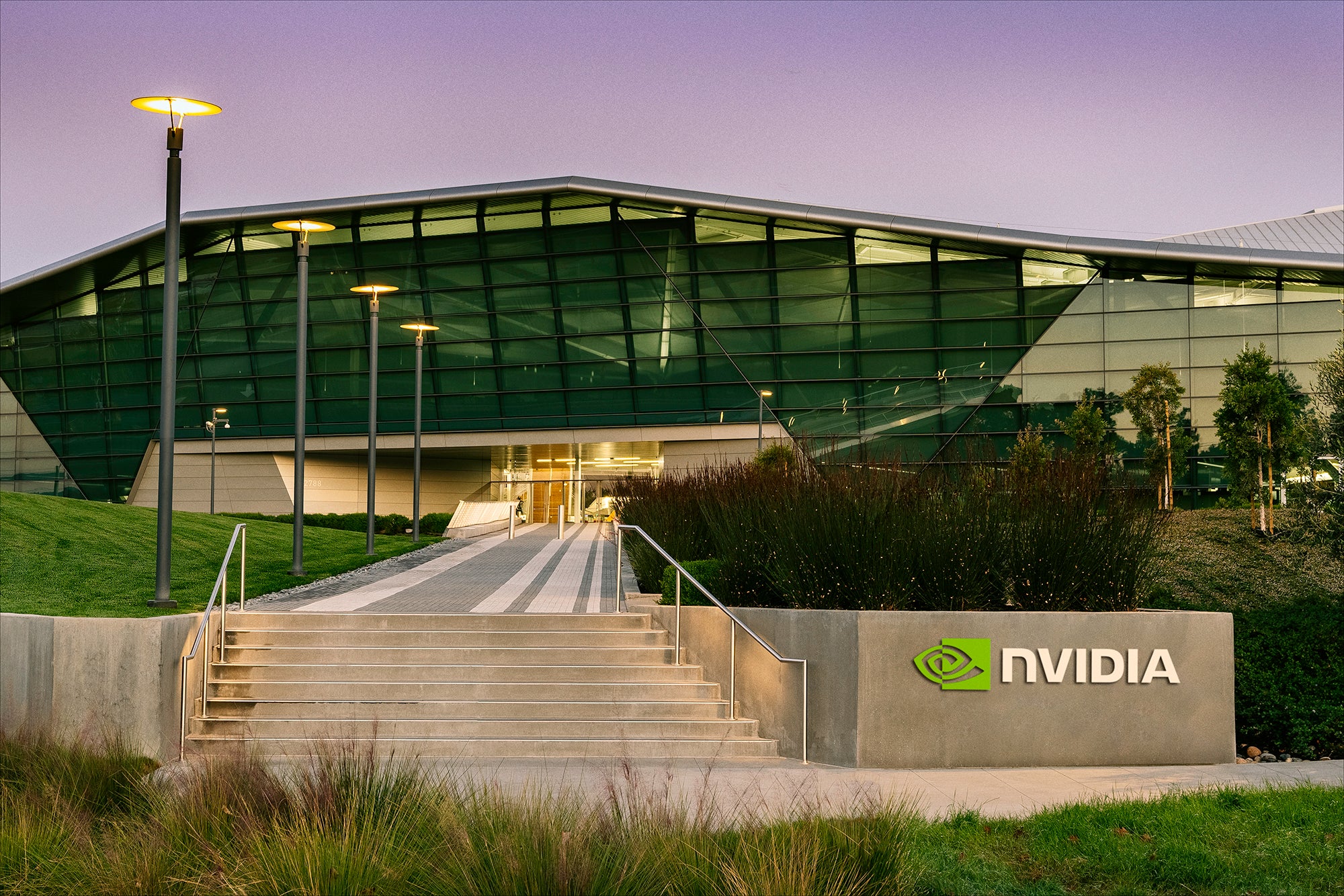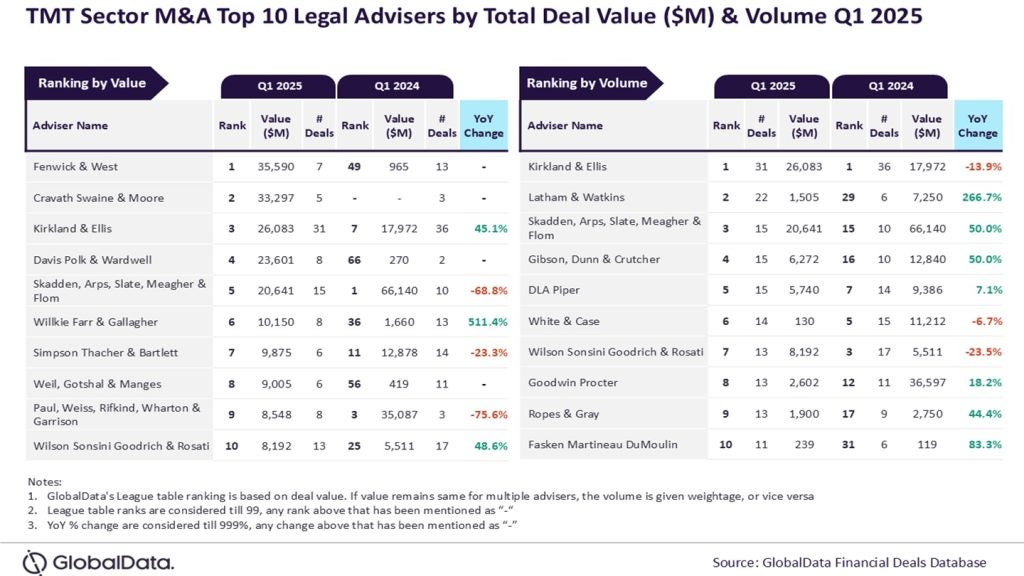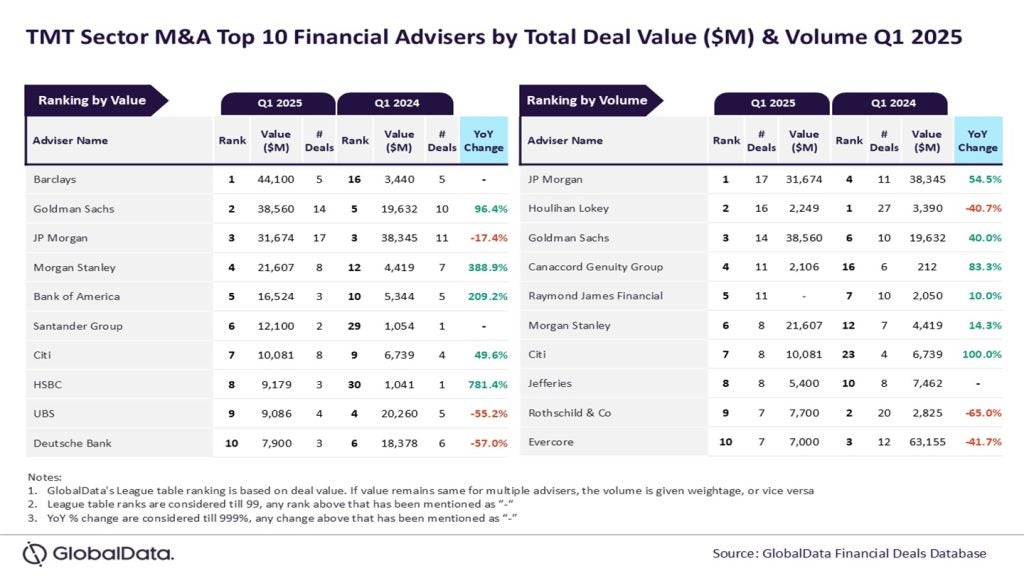
The long delayed and much-investigated $50bn+ purchase of UK chip designer Arm by US-headquartered graphical processing goliath Nvidia has run into yet another obstacle, as the US Federal Trade Commission (FTC) is now taking legal action to prevent the deal.
“The FTC is suing to block the largest semiconductor chip merger in history to prevent a chip conglomerate from stifling the innovation pipeline for next-generation technologies,” said FTC Bureau of Competition Director Holly Vedova, in a statement issued on Thursday. “Tomorrow’s technologies depend on preserving today’s competitive, cutting-edge chip markets. This proposed deal would distort Arm’s incentives in chip markets and allow the combined firm to unfairly undermine Nvidia’s rivals.”
Arm, based in the UK and currently owned by Japan’s Softbank, does not manufacture or supply chips itself. Instead it licenses its designs to other companies, including Nvidia, using a neutral model which doesn’t favour one customer over another: so much so that the company has been referred as “the Switzerland of the semiconductor industry”. Arm designs are widely used across many industries, and opponents of the deal have always argued that ownership of Arm would give Nvidia an unfair advantage over its competitors.
The FTC lawsuit is merely the latest of many regulatory obstacles which have impeded the progress of the deal. In October, the EU competition regulator opened a formal probe into the planned purchase, saying that it could lead to “higher prices, less choice and reduced innovation in the semiconductor industry”.
The UK’s Competition and Markets Authority said in August it had “serious competition concerns” about the deal. The UK has also launched a separate probe on “national security grounds”.
As Arm has a division in China the deal must also receive regulatory approval from Beijing, where progress is reportedly sluggish.
Mike Orme, senior analyst at GlobalData, said: “A key dangling question is whether regulators would be able to ensure Arm neutrality indefinitely were the deal to clear all the initial regulatory hurdles. That would need something like China’s regulatory environment and algorithm law in place in Europe, the US and the UK.”
Laura Petrone, principal analyst in the thematic team at GlobalData, said the lawsuit and investigations are symptomatic of growing suspicion in government circles everywhere regarding large, potentially anti-competitive tech deals.
“More generally there’s an increasing concern by regulators all over the world that digital platforms use acquisitions to crush competitors,” she said. “We’re going to see more investigations and more attempts from regulators to deal with antitrust issues pre-emptively.”
Nvidia first announced the deal in September 2020, when it expected to pay $40bn in a cash and stock deal. Because Nvidia’s share price has increased since then the deal is now valued at more than $50bn.
Arm and Nvidia were contacted for comment on the FTC announcement, but neither company has replied as of publication.







